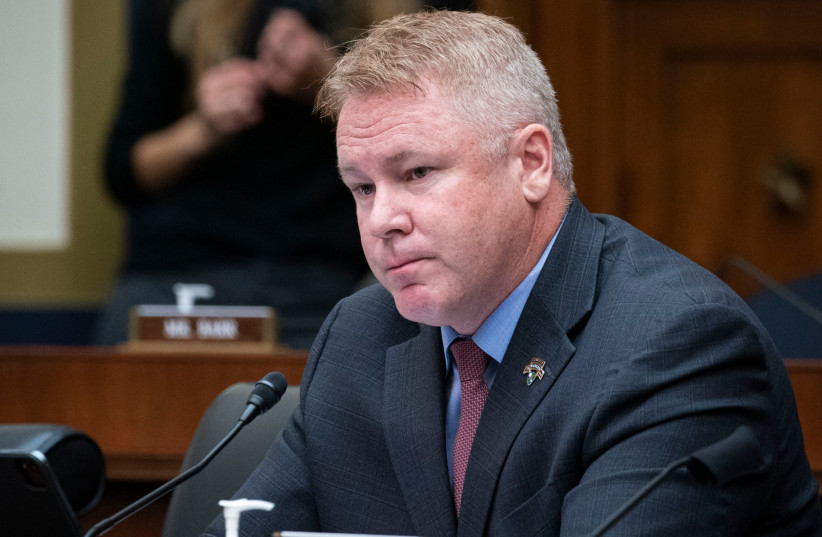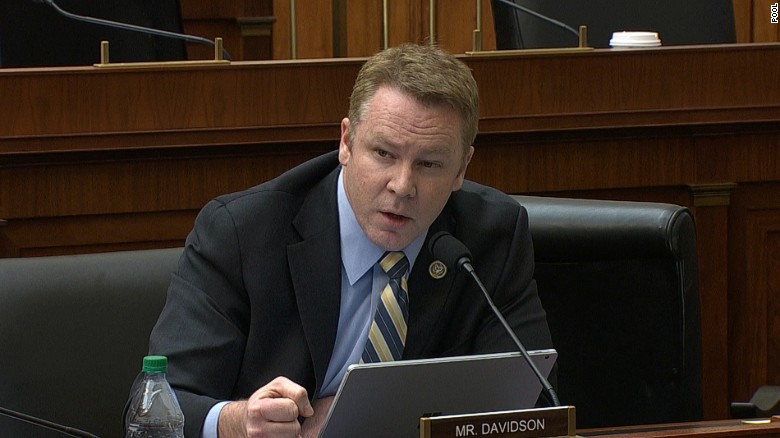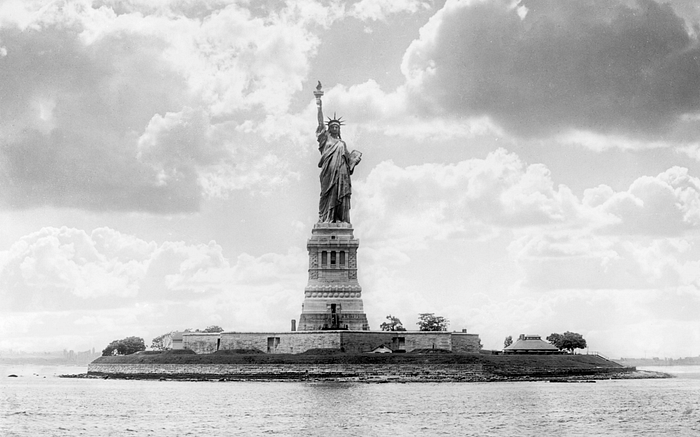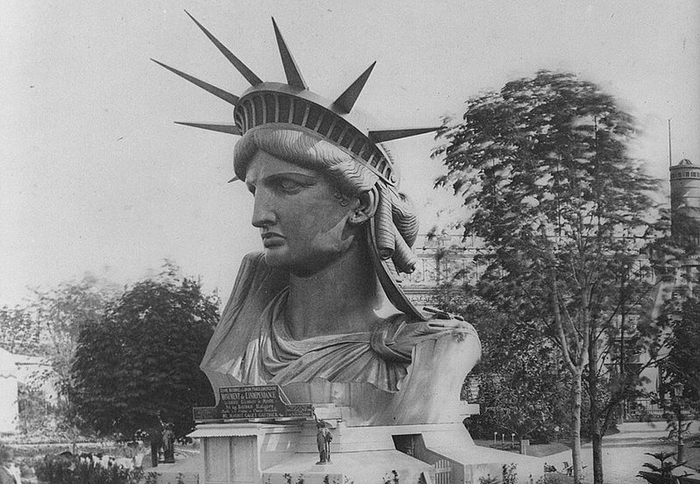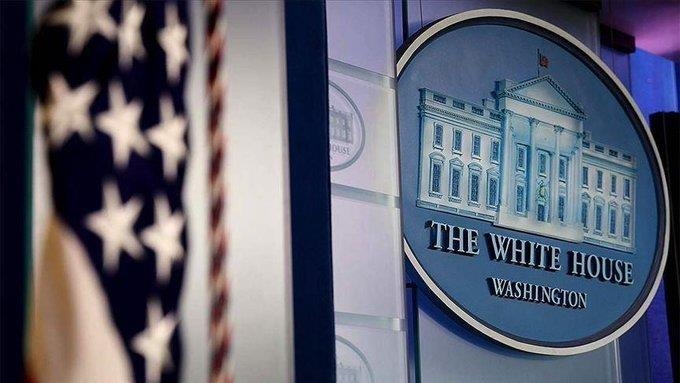BY
Libby Denkmann
Sarah Leibovitz
When 80 percent of your local employees can't afford to live in town, what do you do?
Shay Helligso has lived in Leavenworth since she was six years old. She's worked at various stores around town for nine years. But she's not sure how much longer she'll be able to afford to stay.
"I'm actually a little like, semi homeless right now. I either stay at my partner's house, or I sleep on my mom's couch," Helligso said. "That's because working full time, you can't afford to live anywhere in Leavenworth."
People from the "west side" — how folks from eastern Washington tend to refer to Seattle-area residents — buy property for vacation homes, which drives up real estate values.
"It's really hard as someone who's grown up here and lives here, and like, their whole life is here and wants to keep living here," Helligso said. "Everything's bought up by people who can afford it, and you no longer can."

Leavenworth bookstore employee Shay Helligso
CREDIT: SARAH LEIBOVITZ/KUOW PHOTO
Shay said she moved away before, but she always ends up coming back. Because Leavenworth is home. Even if she can't afford an actual home there.
And Shay is not alone facing this dilemma.
Over 80% of Leavenworth's employees don't live in town. And that isn't just people working at tourist centers — that's teachers, and nurses. Jobs that are necessary to keep a community running smoothly.
Pamela Brulotte, the owner and founder of the München Haus Bavarian Grill and Beer Garden, and the Icicle Brewing Company in Leavenworth, said it's a struggle to keep up with the price of living.
"We want to take care of our employees and we try to have a very competitive and high wage that is a living wage," Brulotte said. "We as a business have struggled to keep pace with the housing market and what it costs now to afford housing in our area."

The München Haus Bavarian Grill and Beer Garden in Leavenworth, Washington
CREDIT: PAMELA BRULOTT
Brulotte said her businesses have seen more employee turn over with the pandemic. It's been a constant streaming of hiring people, and employees who do stay in town often live with roommates or in unusual living spaces.
Being a business owner means being a community leader, Brulotte said. But a single business owner can't solve a housing crisis.
Leavenworth Mayor Carl Florea is trying to do just that. He said a lot of Leavenworth's housing issues come from outside money entering the community.
"Everybody wants to be here. Well, guess what? Everybody isn't necessarily just workers, it's people with outside money that can come in and buy up our homes," Florea said. "Over 30% of the houses that you see here are second homes for somebody.
"The people with money that can bid those up, can bid them up far higher than the wages that a tourism economy creates.
"Nothing has been done to build affordable rentals or first time homebuyer homes."
Leavenworth is like an island, Florea said. Surrounded by forests, there's not that much room to build new developments. And the city needs an income stream for affordable housing.
Now, along with Republican State Senator Brad Hawkins, Florea may have a solution.
The mayor and state senator have partnered to create Senate Bill 5513, which would give counties an option to take 1% of revenue from the existing hotel-motel tax and put it toward workforce housing projects. If the bill passes, Florea said Leavenworth could see $600,000 coming in for affordable housing every year.
Mayor Florea said that he doesn't want to see less people coming to Leavenworth. The town welcomes more tourists. But it's about making it sustainable, both for people visiting, and those that live there.
